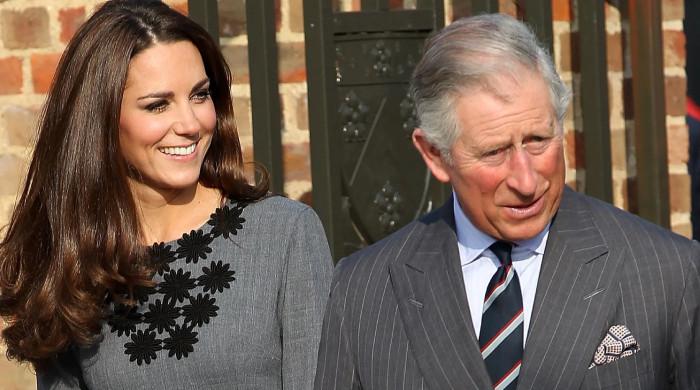
The Supreme Court said the presiding judge needed to analyze why such a unilateral injunction was necessary.
New Delhi:
The Supreme Court said that courts should not unilaterally issue injunctions against the publication of news articles except in exceptional circumstances, as this could have a serious impact on the author’s right to freedom of expression and the public’s right to know.
Ignoring a trial court’s order directing international media group Bloomberg to delete a news article that allegedly defamed Zee Entertainment, the Supreme Court said an injunction against publication of the material should be issued only after a full trial.
A three-judge bench headed by Chief Justice DY Chandrachud said: “Issuance of pre-trial injunction against publication of an article may have serious impact on the author’s right to freedom of expression and the public’s right to information.”
The bench, which also included Justices JB Pardiwala and Manoj Misra, said an injunction, especially a unilateral one, should not be granted without establishing that the content sought to be restrained was “malicious” or “manifestly false”.
“Granting an interim injunction in a cavalier manner before a trial begins would result in the suffocation of public debate… In other words, the court should not grant an ex parte injunction except in exceptional circumstances where the defense advanced by the defendant would undoubtedly affect public debate at the trial. Failure,” the judge said. The Supreme Court said granting an interim injunction before a trial begins often amounts to a “death penalty” for material sought to be released before charges are proven.
“While granting interim injunctions in defamation proceedings, courts must also bear in mind the potential for protracted litigation to be used to prevent free speech and public participation,” it said.
The Supreme Court is hearing Bloomberg’s plea against the March 14 order of the Delhi High Court, which dismissed his appeal against the trial court order.
The Supreme Court said the High Court had perpetuated the error made by the trial judge whose order did not discuss the prima facie case of the plaintiff and did not deal with the balance of convenience or the irreparable hardship which was caused.
The report said that after stating the factual basis and the defendant’s arguments to the trial judge, the trial judge was required to analyze why such a unilateral injunction was necessary.
The judge added that this was a case in which an injunction was granted in a defamation action against a media platform and that its impact on the constitutionally protected right to free speech warranted further intervention.
“The High Court perpetuated the mistake made by the trial judge. Merely recording that a prima facie case existed for grant of injunction, the scale of convenience was in Zee’s favour, and irreparable harm would have been caused does not amount to the judge also including JB Pardiwala and Justice Manoj Misra, while granting Zee freedom to re-apply the trial court to pray for an injunction.
The Supreme Court clarified that the above portions of the judgment and order shall not be construed as commenting on the merits of the case and the purpose of the said portions is to provide broad parameters that should be kept in mind while hearing the application. Temporary injunction.
Responding to the Supreme Court’s order, a Bloomberg News spokesperson said: “We are encouraged by today’s ruling by the Supreme Court of India and we will continue to stand by it.” High Court Justice Shalinder Kaur said , there was no reason to interfere with the ex parte interim order passed by the Additional District Judge (ADJ) against Zee Entertainment Enterprises Limited in connection with the article published on February 21 and ordered Bloomberg to comply with the direction within three days.
On March 1, ADJ directed Bloomberg to remove the allegedly defamatory article within a week, saying Zee had established “a prima facie case for a temporary unilateral injunction.”
The ADJ said the balance of convenience favored Zee and that failure to grant an injunction could cause irreparable loss and harm to the company.
The appellants argued in the High Court that the proceedings were designed to intimidate and suppress their right to free and fair expression.
It was also claimed that ADJ was deprived of the right to substantiate its case by not giving the portal the opportunity to place several other previously published articles before it.
(Except for the headline, this story has not been edited by NDTV staff and is published from a syndicated feed.)
wait reply load…
Follow us on Google news ,Twitter , and Join Whatsapp Group of thelocalreport.in
















